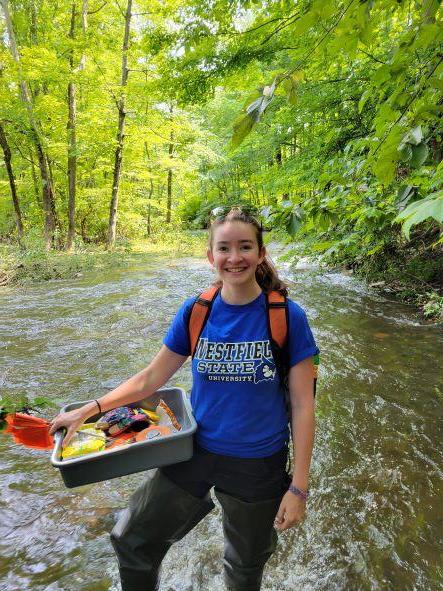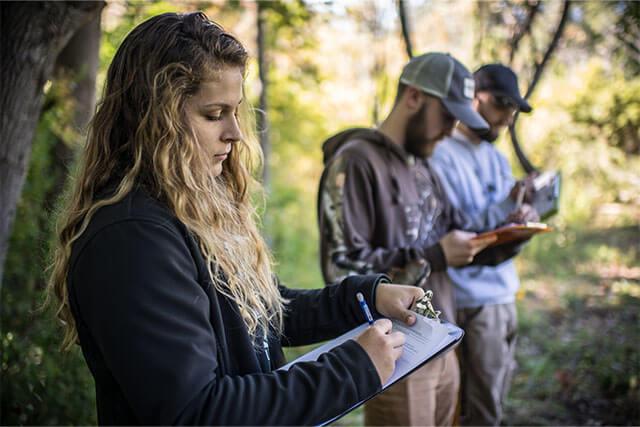
The Wetlands Planning and Management minor is tailored for students interested in gaining the essential skills and knowledge to pursue careers as wetland scientists or to complement their existing studies in related fields. Open to Environmental Science majors as well as those from other disciplines, this minor provides a comprehensive understanding of wetland ecosystems. To complete the minor, students must earn 21 credits, which include courses such as Natural History and Field Techniques, Environmental Chemistry, Toxicology and Pollution, Environmental Soil Science, and Wetlands Assessment and Planning. Additionally, students can choose between Water Resources Planning and Management or Surface and Groundwater Hydrology. The program also requires coursework in Geographic Information Systems, either through Introduction to Geographic Information Systems or GIS Applications for Natural Sciences.

